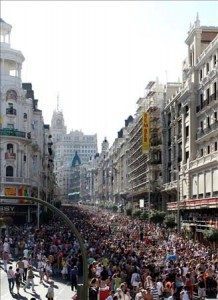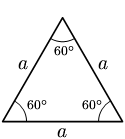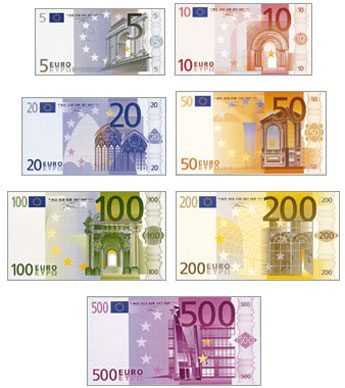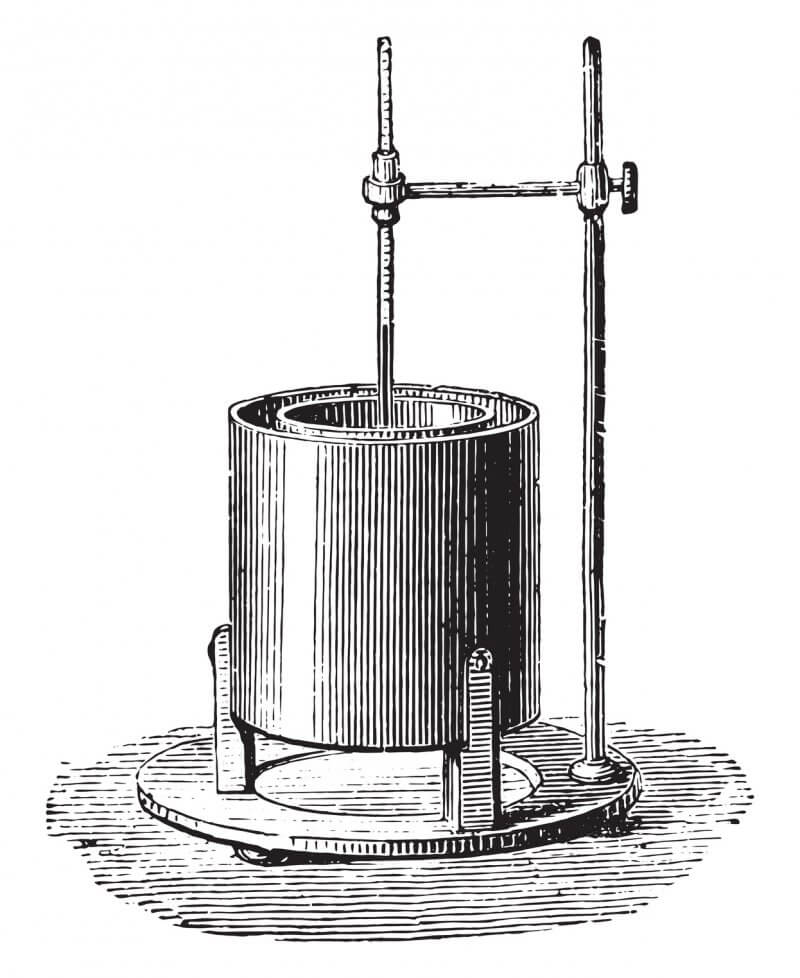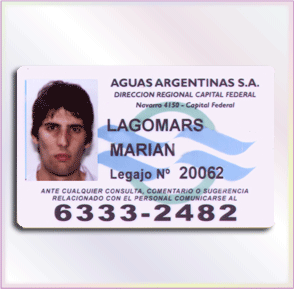 In economic terms, market is called the scenario (physical or virtual) where a regulated set of transactions and exchanges of goods and services takes place between buying parties and selling parties that implies a degree of competition between the participants based on the supply mechanism. and demand.
In economic terms, market is called the scenario (physical or virtual) where a regulated set of transactions and exchanges of goods and services takes place between buying parties and selling parties that implies a degree of competition between the participants based on the supply mechanism. and demand.
There are different types of markets: such as retail or wholesale, those for raw materials and intermediate products, and also markets for stocks or stock exchanges.
Throughout history, different types of markets have been established: the former functioned through barter, that is, the direct exchange of goods through their valuation. This system governed the European economy for much of its history, although the circuit coexisted with the use of gold and silver coins. With the emergence of money in a modern format (in coins and banknotes, as they were used by the Mongol Empire and medieval China, with the idea being imported to Europe in the time of Marco Polo), transactions took place through commercial codes at national and international level, using increasingly complex communications and intermediaries. The current economic model requires a complicated interrelation in which the different national currencies, local and international bond systems, the stock market circuit, and customs, import and export movements between countries and trading blocks intersect.
A free competition market it is ideal when there are so many interrelated economic agents that none can interfere with certainty on the final price of a good or service; then, the market is said to regulate itself. This principle is upheld by the liberalism that emerged in modern and contemporary times and constitutes the most widespread market system in developed nations.
When there are monopolies (a single producer) or oligopolies (small number of producers), the system becomes stressed and is called an imperfectly competitive market, since the producers are large enough to have an effect on prices. The socialist and communist economic systems are based on a single producer / effector (the State); the risk of totalitarianism is very high in these cases. On the other hand, there are market models in which the State is not the only agent involved, but rather intervenes as a regulator or modulator of the activity. This method is applied with varying degrees of success in many countries or multinational institutions.
The perfect competition market Not only does it have a high number of vendors and sellers that prevent each one from influencing the final price, it also has product homogeneity, market transparency, freedom to enter and exit companies, free access to information and resources. and profit equal to zero in the long run.
When the market fails to achieve economic efficiency, for example, because the supply it makes of a good or service is not effective, it is said to be produced one of the so-called "market failure". These crises can occur for different reasons. When any of the components that make up a market (producers, State, consumers, importers, exporters ...) is not properly managed or occupies a role that it is not in a position to cope with, market failures can precipitate major alterations in the life of the people. Therefore, it is interesting to postulate that the market is not in itself a good or bad entity, but that its administration and regulation for the common good will be those that define whether the different financial movements have a satisfactory outcome for society as a whole.
